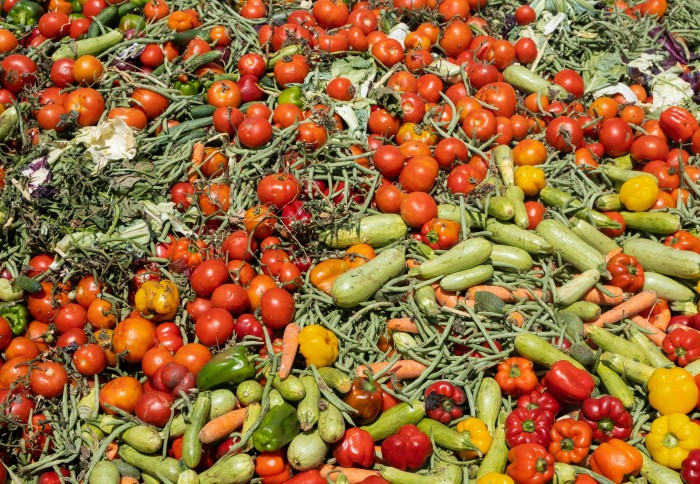Imperial academics secure £6.1m EPSRC grant to develop sustainable materials
by Sara West

Imperial College London will lead a collaboration between industrial and academics partners to develop functional materials from biowaste products.
Most materials currently used in industry are either imported, such as critical metals like lithium and nickel, or produced using unsustainable components or processes. At the same time, combined food, forestry and agricultural waste is estimated to reach approximately 26.5 million tonnes per year and holds little economic value.
Reducing our reliance on unsustainable materials and manufacturing processes, and finding ways to reuse waste bio-products, are essential if we are to reduce our impact on the planet. Professor Magda Titirici Department of Chemical Engineering
Now a new £6.1 million, five-year project, called “VALUE”, aims to develop functional materials from local, bio-based waste resources. By demonstrating that such abundant resources can be reused to produce high value-added materials, it will provide opportunities to move away from unsustainable traditional materials and reduce CO2 emissions and waste.
It is funded by Engineering and Physical Sciences Research Council (ESPRC), park of UK Research and Innovation (UKRI).
The team also aims to create a new supply chain for sustainable materials and applications, guided by life-cycle and techno-economic analysis, which they hope will support high-performance, locally available technologies and create new industries. They will work with stakeholders in key industrial sectors to explore applications, accelerate manufacturing pathways and boost performance.
Principle Investigator Professor Magda Titirici, from the Department of Chemical Engineering, said: “The creation of the next generation of sustainable materials is such an important topic and I am delighted to see it funded by EPSRC. Reducing our reliance on unsustainable materials and manufacturing processes, and finding ways to reuse waste bio-products, are essential if we are to reduce our impact on the planet.
“Securing this grant was a huge team effort and I am grateful to everyone involved. I am excited to begin working with our talented researchers and industrial partners and I am confident we will significantly contribute towards shaping the sustainable industries of the future needed to live in harmony with the environment.”
The academic partners are University of Cambridge and University of Bristol, and industrial partners include BP, Shell, Toyota and L’Oreal, among others. The team will work with farmers’ associations in the UK who will provide biowaste, and as part of the research they will also work with the Faraday Institution on the next generation of sustainable materials for sustainable batteries. They are also supported by the UK Supergen Bioenergy Hub and the Centre for Circular Economy for Chemicals Manufacturing.
Image: Shutterstock
Article supporters
Article text (excluding photos or graphics) © Imperial College London.
Photos and graphics subject to third party copyright used with permission or © Imperial College London.
Reporter
Sara West
Communications Division